
China’s Economic Woes Raise Concerns of Increased Aggression and Potential Conflict: Experts
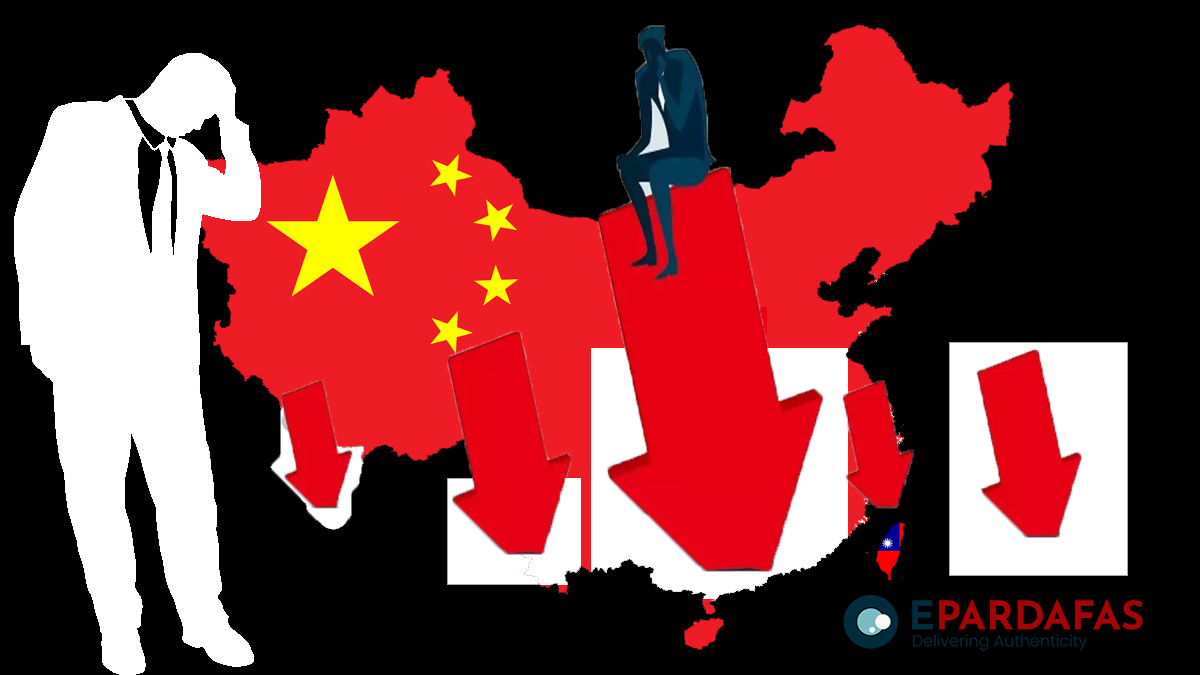
As China grapples with severe economic challenges, experts are expressing fears that the country’s leadership could respond by becoming more assertive, potentially escalating the risk of a conflict with the United States over Taiwan. The economic slowdown in China, marked by declining growth, plummeting exports, rising municipal debt, unemployment, and deflation, has prompted concerns that Beijing might resort to aggressive tactics to compensate for its economic vulnerabilities.
Renowned experts closely monitoring the dynamics of the US-China rivalry have pointed out that China’s current economic struggles might drive its military ambitions to secure gains while it still has a perceived advantage. Hal Brands, the Henry A. Kissinger distinguished professor of global affairs at the Johns Hopkins School of Advanced International Studies and a former special assistant to the secretary of defense for strategic planning, highlighted the potential danger.
“China may act more aggressively in the near term — as its military capabilities mature — to lock in gains while it still has the chance,” Brands emphasized. He further noted that historical patterns have shown that rising great powers often become more assertive during times of economic slowdown and heightened geopolitical challenges. “This is why the danger of a war over Taiwan, for instance, is highest in this decade,” Brands added, citing China’s growing military capabilities amid economic shifts.
The recent move by US President Joe Biden to restrict investments in China’s advanced technologies that could pose national security threats has escalated tensions between the two countries. China’s embassy spokesperson, Liu Pengyu, expressed deep concern about these investment restrictions and their potential consequences for bilateral business cooperation and international confidence in the US business environment.
China’s increasing assertiveness has been observed in its actions in the South China Sea, where Beijing has employed naval presence to assert sovereignty over disputed territories. These actions have raised concerns among neighboring countries and intensified regional tensions. Additionally, China’s military buildup in the Taiwan Strait has stoked worries, particularly as the US aims to maintain freedom of navigation in the region.
Matthew Kroenig, a leading voice in international relations and the author of “The Return of Great Power Rivalry,” cautioned that Chinese President Xi Jinping’s overconfidence in China’s strength, coupled with an inaccurate assessment of its economic decline, could lead to miscalculations similar to those made by Russian President Vladimir Putin in Ukraine.
Amid these uncertainties, experts underscore the importance of vigilance and diplomatic efforts to manage potential conflicts arising from China’s economic challenges and its ambitions on the global stage. The intricate balance between economic pressures and geopolitical assertiveness remains a critical factor in shaping the future of US-China relations.
Source: ANI, Voice of America (VOA)

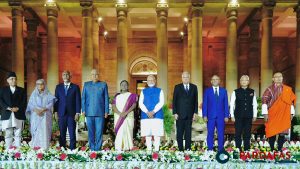
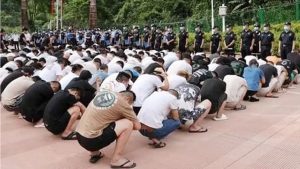

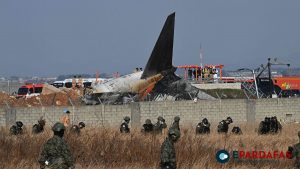
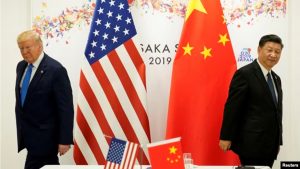






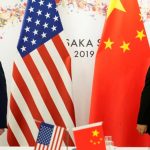
Comments